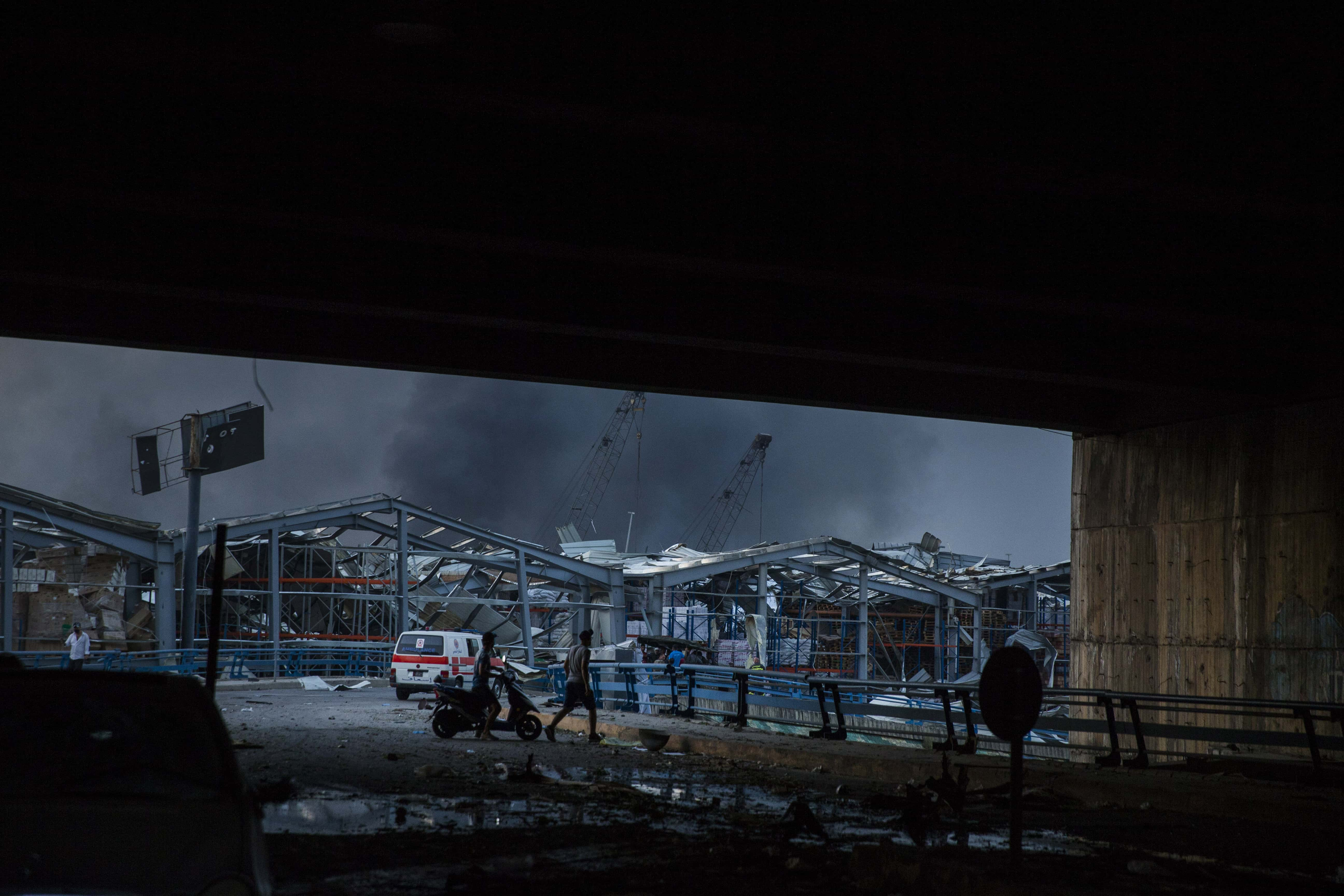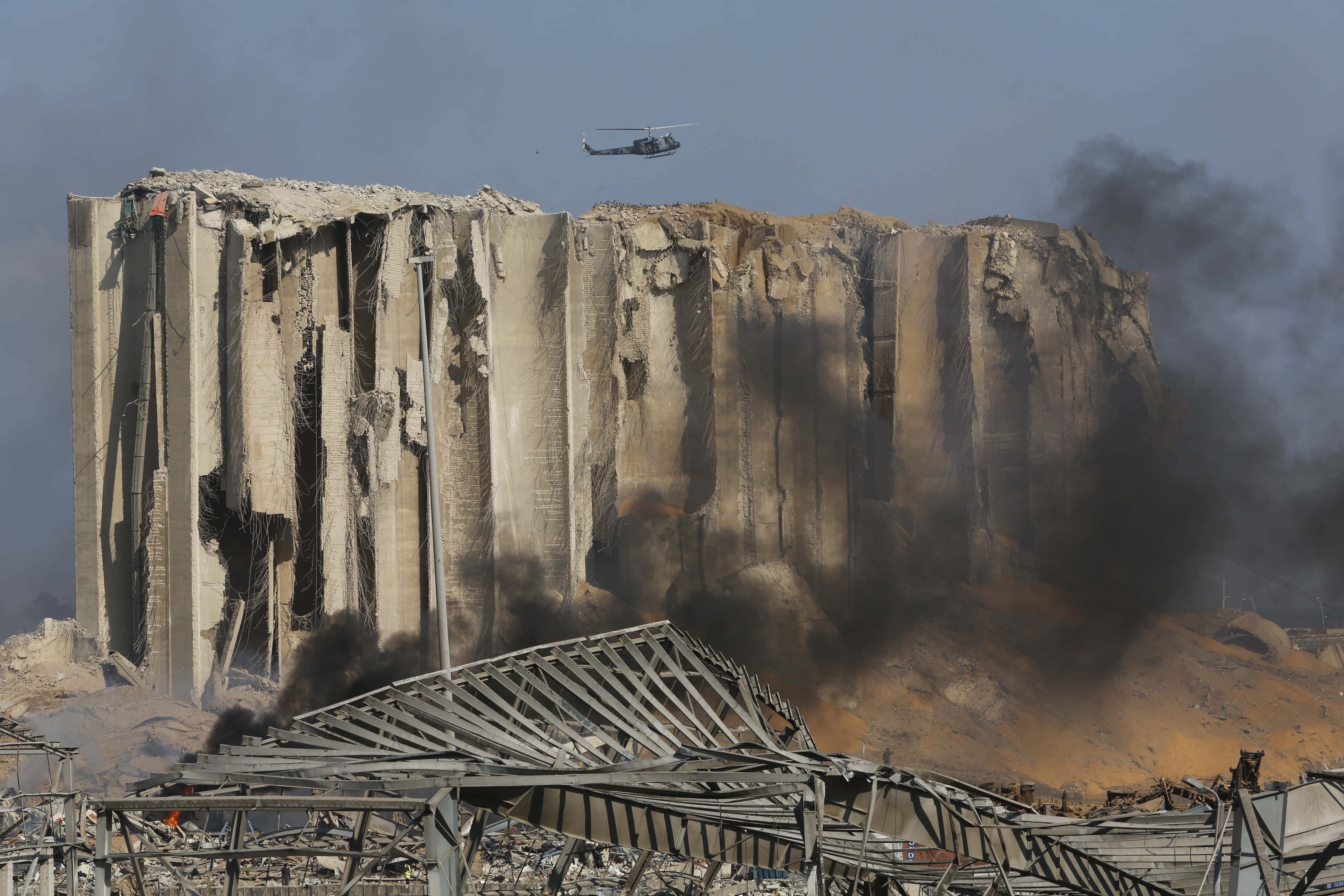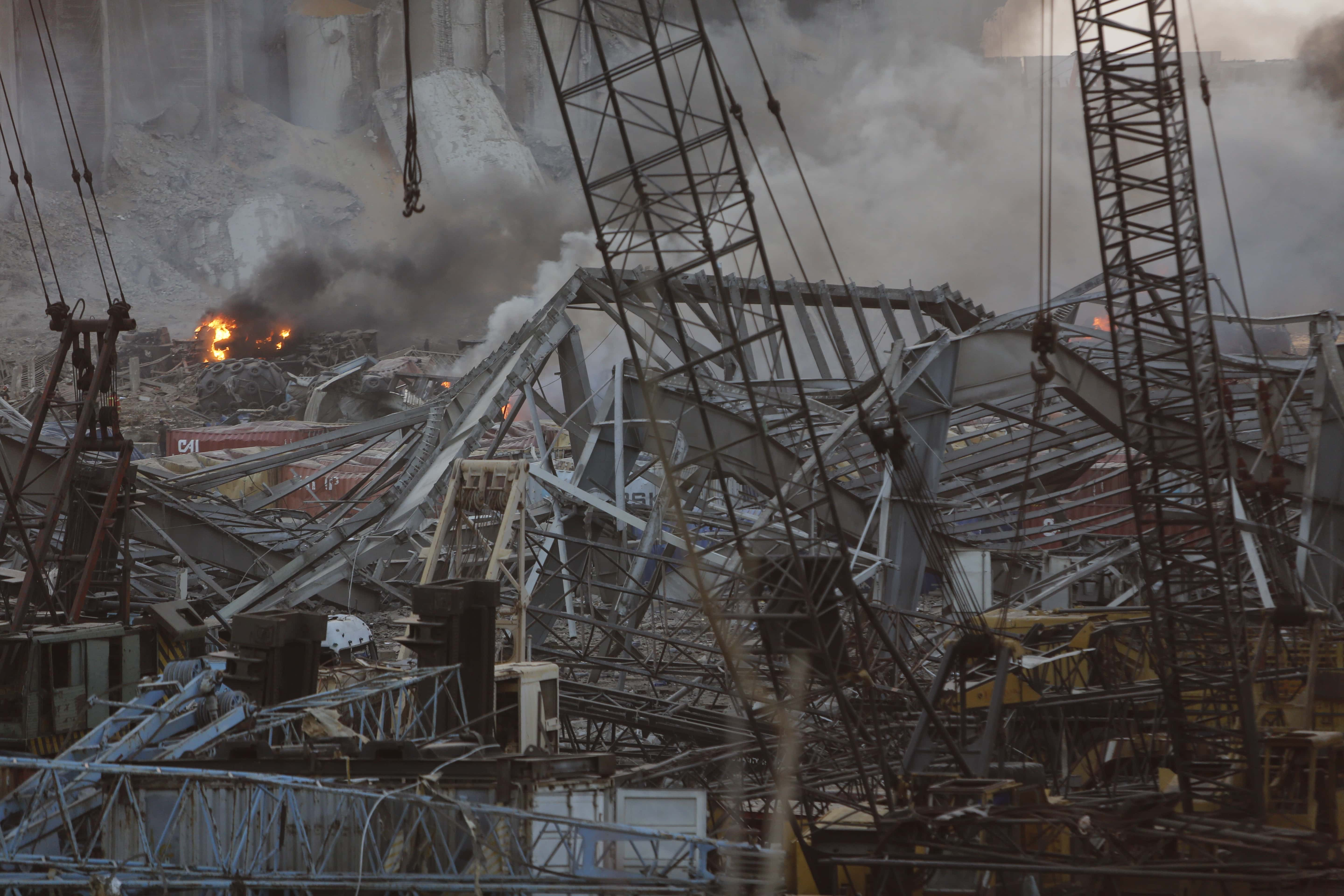Beirut blast: Who is Igor Grechushkin, how did his abandoned ship Rhosus become a ticking time bomb?

The shocking Beirut explosions were a result of years of inaction and negligence on the storing of highly explosive material. According to Lebanon State media, the Supreme Council of Defense had announced that there had been 2,750 tons of ammonium nitrate, confiscated back in 2014 from a ship called Rhosus. The material which is used to make fertilizers and bombs had been stored for around six years at the port without any proper safety measures. Officials who had met at Lebanon's Supreme Defence Council revealed that the stored chemicals had been behind the devastating explosion.
The ship had been destined to go to Mozambique but never made it. The ship is believed to be owned by a Russian, Igor Grechushkin, who is reportedly living in Limassol, Cyprus. He was accused by the crew of his ship of abandoning both the people and the cargo. As per the Siberian Times, the ship had been detained back in 2013 by Lebanese authorities after it stopped in Beirut given a malfunction onboard. The cargo had been detained as port authorities revealed that the ship was 'lacking documents and conditions necessary for transportation'.

The crew consisting of eight Ukrainians and two Russian men had been forced to stay aboard the vessel while Grechushkin declared bankruptcy and 'abandoned the ship'. It has been reported that Grechushkin is still residing in Cyprus along with his wife. His son is said to be studying computer science in Scotland. While six out of ten sailors were given permission to leave by Lebanese authorities, others were left stranded on the ship for almost an entire year.
In 2014, the captain, Boris Prokoshev, had made a desperate plea to international organizations, diplomats, and many others. "The owner of the ship Igor Grechushkin effectively abandoned the ship and the remaining crew," Prokoshev said.

"He is not providing us with money, he completely deprived us of all means of communication. He told us that he went bankrupt and while I don’t believe him, the most important thing is that he gave up on both the people and the cargo," Prokoshev added.
The blast that took place on Tuesday, August 4, ended up killing at least 135 people and injuring around 4,000 others with the numbers rising. Arms experts have revealed that the blast is consistent with the official Lebanese explanation that it was caused by a stockpile of ammonium nitrate which is said to be unstable at high temperatures.
As reported by the Washington Post, the director of the Gherbal Initiative which advocates for transparency in Lebanese institutions, Assaad Thebian, said, "This is such huge negligence. We always said corruption would kill us. Now look at what has happened: more than 100 dead and thousands injured." New York Times reveals how many senior customs officials had written to Lebanese courts at least six times between the years 2014 to 2017 asking guidelines on how to dispose of the chemical, show public records shared on to social media by lawmaker Salim Aoun.
Back in 2016, the director of Lebanese customs Shafik Marei had written, "In view of the serious danger posed by keeping this shipment in the warehouses in an inappropriate climate, we repeat our request to demand the maritime agency to re-export the materials immediately." The officials had also offered many solutions which included donating the ammonium nitrate to the Lebanese Army or even selling it to a private company. The judiciary did not respond to any of the requests made by the officials.

According to the Globe and Mail, an associate professor of Middle Eastern politics at the Lebanese American University, Imad Salamey, said that there was a culture of corruption at the port. "The port has for some time now been run by warlords. These groups operate in a mafia-istic way, in the sense that they don’t pay attention to civilian safety. Their main concern is to benefit their warlords and their sponsors in foreign states."
A former British counterterrorism detective, David Videcette, said, "Storing large quantities of ammonium nitrate is dangerous because of its volatile nature. It must be kept separate from sources of heat and ignition, and with such a large quantity of it in one place, the risks should have been obvious. Given the length of time and the concentration of other flammable materials coming in and out of Beirut’s main port, this sort of accident seems inevitable after the length of time it’s been there."










